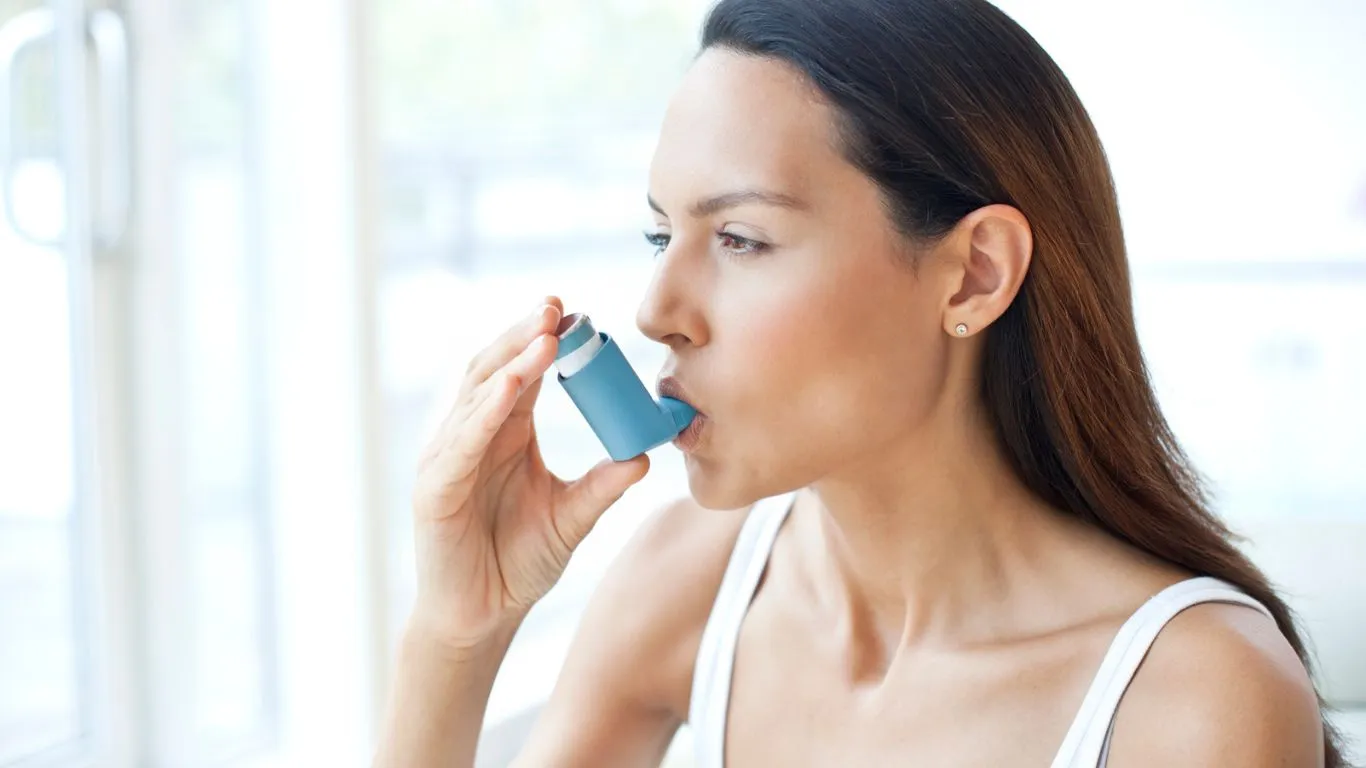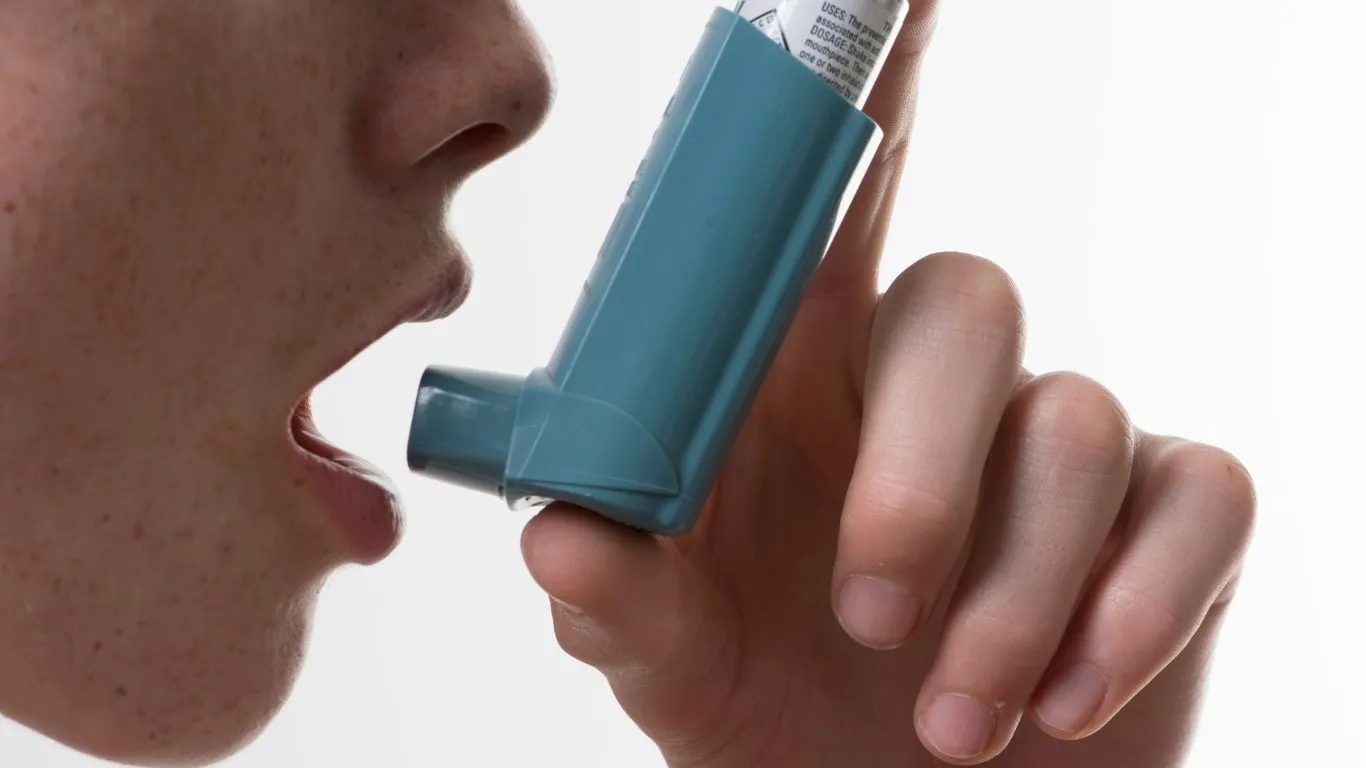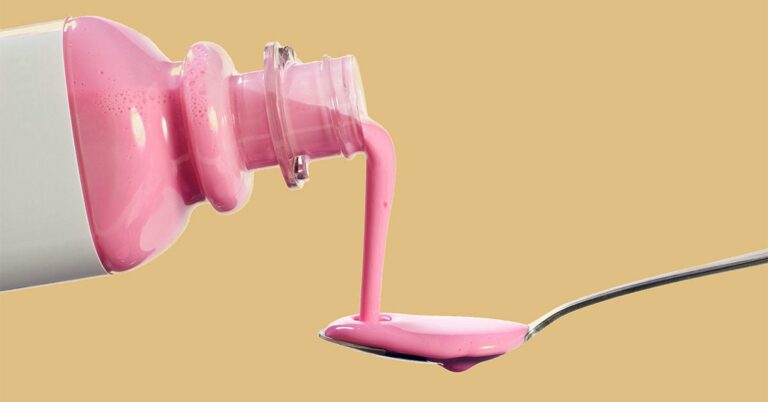“The Essential Role of Hydration in Effective Asthma Control”
As an asthma expert specializing in respiratory health, I’ve seen firsthand how critical proper management is to leading a full, active life. But did you know that one often-overlooked factor can make a significant difference in asthma control? That factor is hydration. It may sound simple, but the role of hydration in asthma control is something many people don’t fully understand or appreciate. Let’s dive into why staying properly hydrated is essential and how it can make asthma management smoother and more effective.
The Science Behind Hydration and Asthma Control

When we talk about asthma, we’re discussing a chronic condition that affects the lungs and causes difficulty breathing. It’s often triggered by various factors such as allergens, pollution, stress, or even weather changes. But what does hydration have to do with it?
The body’s overall function relies on proper hydration, and this includes the respiratory system. The lungs are lined with mucus membranes, which play a key role in filtering out harmful particles and keeping the airways moist. Without adequate hydration, these membranes can dry out, causing mucus to thicken and making it harder for your airways to remain clear. This, in turn, can lead to more frequent asthma attacks, or exacerbate existing symptoms like coughing, wheezing, and shortness of breath.
Additionally, staying hydrated supports the natural defenses of your immune system, which is crucial in managing asthma. If your body is dehydrated, your immune function can be compromised, making it harder to fend off infections or allergens that might trigger asthma symptoms.
How Dehydration Affects Asthma

Imagine your lungs as a sponge. When well-hydrated, your lungs are able to stay moist and flexible, allowing you to breathe with ease. But when dehydrated, your body struggles to maintain that moisture. Here’s how dehydration can directly affect your asthma:
- Thickened mucus: Dehydration leads to thick, sticky mucus that’s harder for the body to expel. This can block airways and worsen asthma symptoms.
- Increased inflammation: Lack of water can increase inflammation in the airways, making them more sensitive and prone to constriction.
- Reduced lung capacity: When your body is dehydrated, the lungs don’t perform at their best, leading to shortness of breath and chest tightness.
- Exacerbation of asthma symptoms: Dry airways are more susceptible to triggers like allergens and pollution, which can lead to more frequent or severe asthma attacks.
If you’ve ever felt like your asthma symptoms seem to worsen on hot, dry days or when you haven’t had enough water, you’re not imagining it! Your airways are literally drying out, which can lead to a tougher time managing asthma symptoms.
How Much Water Should You Drink for Asthma Control?

Now that we understand the connection between hydration and asthma, the next question is: how much water should you actually drink to help keep your symptoms under control?
While the amount of water needed varies from person to person, a general rule of thumb is to aim for at least 8 cups (64 ounces) of water a day. However, individuals with asthma might need a bit more, especially if you live in a dry climate, are active, or are experiencing asthma flare-ups.
It’s also important to listen to your body. If you’re feeling thirsty, don’t ignore it. Thirst is your body’s way of signaling that it’s time to hydrate. And if you’re working out, be sure to drink plenty of fluids before, during, and after exercise to help prevent dehydration, which can make asthma worse.
Other Hydration Tips to Support Asthma Health
While water is the best choice for staying hydrated, you can also incorporate other hydrating fluids into your routine:
- Herbal teas: Non-caffeinated herbal teas like chamomile or ginger tea can offer a soothing effect while also keeping you hydrated.
- Fruit-infused water: If plain water doesn’t excite you, try adding fruits like lemon, berries, or cucumber to your water for a refreshing twist.
- Broth-based soups: Low-sodium broths and soups are excellent ways to hydrate while providing additional nutrients and comfort, especially during colder months.
Also, keep in mind that you can get some hydration from fruits and vegetables with high water content. Things like watermelon, cucumbers, and oranges not only keep you hydrated but also provide antioxidants that support your immune system.
Remember, hydration doesn’t just mean drinking water. It’s about maintaining a consistent level of hydration throughout the day, so you can support your respiratory health and reduce the risk of asthma flare-ups. Start by building a habit of drinking water regularly and incorporating other hydrating options when necessary.
So, the next time you’re managing your asthma, don’t forget to hydrate! It’s an easy, natural way to support your lungs and keep asthma symptoms at bay. Let’s keep our lungs moist, our airways clear, and our breathing smooth with the power of hydration!
Hydration and Its Impact on Asthma Medication

As an asthma expert, I’ve often seen patients focus solely on their medications, forgetting that hydration plays a vital role in ensuring those treatments work efficiently. It’s not just about popping an inhaler or taking your prescribed medications—it’s about creating the right environment for those medications to do their job. And hydration is a huge part of that.
Your asthma medications, whether they’re inhalers, nebulizers, or oral corticosteroids, work best when your body is functioning optimally. Proper hydration helps your airways remain clear, reducing the thickness of mucus, so inhaled medication can reach the right spots in the lungs. If your airways are clogged with thick mucus due to dehydration, medication may not penetrate as effectively, making it harder to control asthma symptoms.
Here’s a little secret I’ve picked up over the years: a lot of patients notice they feel better in terms of asthma control when they ensure they’re staying hydrated, especially when they’re on medications that can cause dry mouth or throat irritation, like inhaled corticosteroids.
How Hydration Helps Your Asthma Medication Work Better
When you’re properly hydrated, your airways stay moist and clear, which allows your asthma medications to penetrate deeper into the lungs. This is especially important if you’re using a steroid inhaler or a bronchodilator. Without enough water, your airways become dry, which can prevent medication from being as effective as it could be.
- Enhanced absorption: Proper hydration helps the body absorb medications better, ensuring that inhalers or other treatments do their job more efficiently.
- Improved mucus clearance: Staying hydrated thins mucus, which helps clear the airways, allowing your asthma medications to reach deeper into your lungs and be more effective.
- Reduced side effects: Many asthma medications can cause dry mouth and throat irritation. Drinking enough water can help mitigate these uncomfortable side effects and improve your overall comfort.
To make the most of your asthma treatment, try integrating hydration into your routine in a way that complements your medication. It might sound simple, but keeping your body hydrated is an essential part of asthma management that shouldn’t be overlooked.
Hydration and Its Role in Preventing Asthma Flare-Ups

Anyone with asthma knows that flare-ups can happen unexpectedly, often triggered by environmental factors like allergens, pollution, or even the weather. But did you know that dehydration can actually make you more prone to flare-ups? That’s right—when your body is dehydrated, your immune system isn’t as strong, and your airways are more sensitive to external irritants.
From my experience, I’ve seen many asthma patients struggle during times of dehydration—whether it’s due to hot weather, illness, or simply forgetting to drink water. The lack of moisture in your respiratory system means your airways are more easily irritated, making it easier for asthma attacks to take hold. Keeping yourself hydrated acts like an armor against these flare-ups, helping your airways stay resilient and ready to tackle any potential irritants.
Why Hydration Reduces the Risk of Asthma Triggers
When you’re well-hydrated, your airways are more resilient and less likely to react to irritants. This is particularly important when dealing with asthma triggers like pollen, smoke, or even cold air. Here’s how hydration can help reduce asthma flare-ups:
- Reduced airway sensitivity: Hydration helps reduce inflammation in the airways, making them less sensitive to triggers like allergens or pollution.
- Thinned mucus: When mucus becomes thinner, it’s easier to clear out any potential irritants that may enter the lungs, preventing them from triggering an asthma attack.
- Better lung function: Hydration helps keep your lung function at its peak by ensuring the mucus lining the airways is fluid enough to trap and eliminate harmful particles.
I’ve noticed that patients who consistently drink enough water experience fewer flare-ups, especially during seasonal changes when pollen and other allergens are at their peak. It’s not just about drinking water when you feel thirsty—it’s about maintaining that level of hydration to keep your airways as stable as possible.
Best Practices for Staying Hydrated with Asthma

It’s one thing to understand the importance of hydration, but it’s another thing to actually make it a regular part of your routine. So, how can you make sure you’re drinking enough water and maintaining proper hydration without constantly having to remind yourself? I’ve picked up some great tips over the years that can help anyone with asthma stay hydrated more consistently.
Set Hydration Goals
Sometimes it’s hard to drink enough water just because we get busy or forget. One trick that I always recommend to my patients is to set hydration goals. For example, set a reminder on your phone every couple of hours to drink a glass of water, or use a water bottle with markings to track how much you’ve drunk throughout the day. Small steps like this can help you stay on track.
Incorporate Hydrating Foods into Your Diet
As I mentioned earlier, hydration doesn’t just come from water. You can eat foods that are high in water content to supplement your intake. Consider adding foods like cucumbers, watermelon, oranges, and celery to your meals. They can help keep you hydrated while also providing additional nutrients that support your overall health.
Avoid Dehydrating Beverages
While coffee, sodas, and energy drinks might give you a quick boost, they can also dehydrate your body. If you’re relying on caffeine or sugary drinks for hydration, you might be doing more harm than good. Instead, opt for herbal teas, coconut water, or simply more water to keep your body well-hydrated throughout the day.
Stay Hydrated During Exercise
If you’re someone who enjoys regular physical activity, make sure to stay hydrated before, during, and after exercise. Exercise can increase your body’s need for water, and for asthma patients, this is especially crucial. Carry a water bottle with you when you’re working out to ensure that you don’t become dehydrated and risk triggering asthma symptoms.
Ultimately, staying hydrated is one of the simplest yet most effective strategies to support your asthma management. So, remember to keep your water bottle handy, eat hydrating foods, and be mindful of your hydration throughout the day. It’s a small effort that can make a world of difference in your asthma control!
Hydration Strategies for Different Seasons: Tailoring Your Asthma Care

Managing asthma is an ongoing process, and one thing that often gets overlooked is how hydration needs can vary depending on the season. If you’ve been living with asthma for any length of time, you know that seasonal changes can have a huge impact on your respiratory health. Whether it’s the dry heat of summer, the chilly winds of winter, or the fluctuating weather in spring, each season comes with its own unique challenges for asthma sufferers. That’s why understanding how hydration plays a role in seasonal asthma management can make a significant difference.
In my experience, patients who adjust their hydration habits to match the seasons are able to manage their asthma symptoms much more effectively. Here’s how you can adapt your hydration strategy to ensure optimal asthma control throughout the year.
Summer: Staying Cool and Hydrated
Summer can be a tough season for asthma sufferers, especially when the heat is on and the air feels dry. Dehydration is more common in the summer months because we tend to sweat more, and the hot air can dry out our respiratory system. On top of that, high pollen levels, air pollution, and seasonal allergens can trigger asthma symptoms.
During these months, it’s essential to stay ahead of your hydration needs. I always suggest that my patients increase their water intake to compensate for the loss of fluids through sweat. Dehydration during summer not only aggravates asthma symptoms but also increases the likelihood of a flare-up.
- Hydration Tip: Carry a water bottle with you everywhere you go. Keep sipping throughout the day—don’t wait until you feel thirsty, as thirst is a late indicator of dehydration.
- Air Quality Tip: Try to avoid outdoor activities during peak pollen hours, typically early morning and late evening. If you have to be outside, wear a mask to protect your lungs from airborne irritants.
- Cooling Off: Besides water, consume hydrating fruits like watermelon or cucumbers, which are high in water content and provide a refreshing cooling effect.
Fall: Preparing for Cold, Dry Air
Fall brings cooler temperatures, which can lead to dry air. This is one of the most common asthma triggers because dry air can irritate the airways, making them more susceptible to inflammation. In my practice, I’ve seen a significant number of asthma patients struggle more in the fall, especially with the rapid changes in temperature and the start of flu season.
During the fall months, hydration becomes crucial in preventing the airways from drying out. Additionally, as the temperatures drop, people often turn on heaters, which can further dehydrate the air, making it even harder for your lungs to stay moist and clear. Here’s what I recommend for maintaining proper hydration during the fall:
- Hydration Tip: Increase the moisture in your home by using a humidifier. This can help keep the airways from drying out, especially at night when you’re asleep.
- Warm Hydration: Warm beverages like herbal teas (chamomile or ginger) can hydrate and soothe the respiratory tract, helping to reduce irritation caused by the dry air.
- Immune Support: As fall is also flu season, drink fluids that can support your immune system, like broths or soups, to keep you hydrated and fight off infections.
Winter: The Coldest Challenge for Asthma
Winter brings its own set of challenges. The cold, dry air can cause the airways to constrict, leading to breathing difficulties. On top of that, people tend to be more sedentary during the winter months, which can lead to dehydration without even realizing it. Combined with the seasonal cold and flu, winter can be a rough time for managing asthma.
To tackle this challenge, I recommend staying extra vigilant about hydration during the colder months. Cold air can dry out your lungs, and without adequate hydration, your airways will become even more prone to constriction and irritation.
- Hydration Tip: Drink warm liquids throughout the day. Hot teas, especially those with anti-inflammatory properties like turmeric, can soothe and hydrate your airways, helping to keep asthma symptoms in check.
- Moisturize Your Environment: Since indoor heating systems can dry out the air, using a humidifier in your bedroom and other living spaces is key. This helps ensure that your lungs aren’t exposed to dry air when you’re at rest.
- Stay Hydrated with Foods: Hot soups or stews made with hydrating ingredients (like zucchini, tomatoes, or carrots) are excellent for maintaining hydration during winter meals.
Ah, spring—the time when flowers bloom and allergies kick into high gear. Spring is notorious for pollen, dust, and other allergens that can trigger asthma attacks. When it comes to hydration, springtime is all about keeping your body cool and making sure your immune system is strong enough to fight off allergens. When you’re hydrated, your airways stay clearer and less reactive to seasonal irritants.
I always recommend my asthma patients prepare in advance by drinking more water in the weeks leading up to allergy season. Staying hydrated throughout spring can help your body fend off environmental allergens like pollen, as dehydration makes your airways more sensitive to these triggers.
- Hydration Tip: Drink water consistently to keep your airways moist and less likely to react to pollen or dust.
- Herbal Helpers: During allergy season, herbal teas like peppermint or nettle can offer a natural way to ease symptoms while also keeping you hydrated.
- Clean Indoor Air: Use air purifiers to remove pollen and dust from your indoor spaces. Staying hydrated in a clean environment gives your lungs a fighting chance!
References and Further Reading
For more detailed information on hydration and asthma management, check out the following trusted sources:
- Health Usias – Asthma Management Tips
- CDC Asthma Resources
- National Heart, Lung, and Blood Institute – Asthma
These resources will provide additional expert insights into asthma care, seasonal management tips, and how hydration plays a critical role in respiratory health.
Disclaimer: This article provides general information and is not a substitute for medical advice. Always consult with your healthcare provider for advice tailored to your individual needs. The hydration tips shared here are meant to support asthma management but should not replace prescribed treatments or medication.

Bianca Nala is a compassionate Nurse Practitioner with a strong background in primary and respiratory care. As a health writer for Healthusias.com, she combines her clinical expertise with a talent for clear, relatable storytelling to help readers better understand their health. Bianca focuses on topics like asthma, COPD, chronic cough, and overall lung health, aiming to simplify complex medical topics without losing accuracy. Whether she’s treating patients or writing articles, Bianca is driven by a single goal: making quality healthcare knowledge accessible to everyone.







